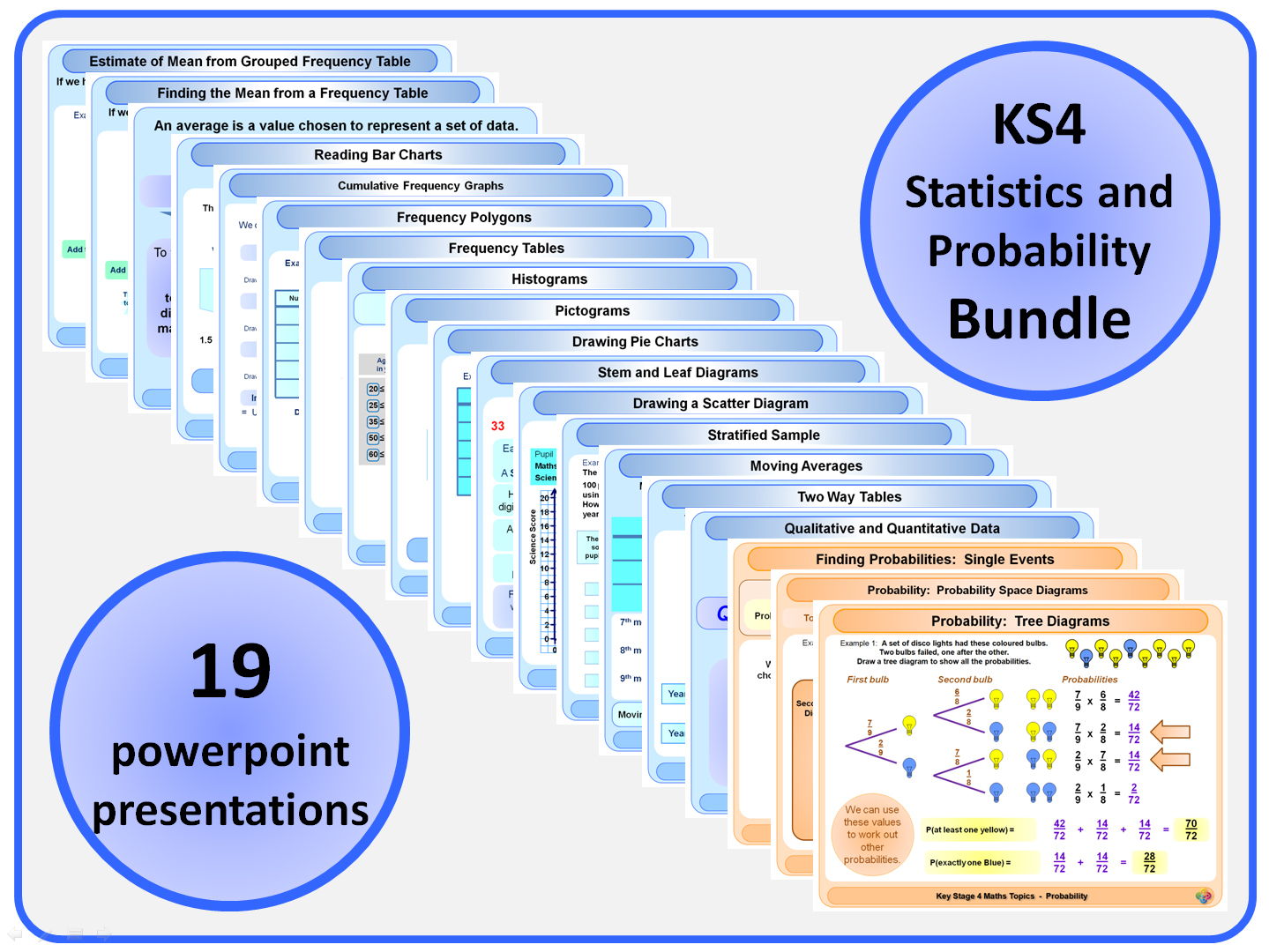Brian's Maths Topics
I create mathematics powerpoint and other resources for Key Stages 1, 2, 3 & 4, which are designed to clearly explain topics. These can be presented by the teacher, or accessed by individual students. I can create bespoke resources. Most KS2 and KS4 Maths Topics are in Bundles, as are the KS1 Powerpoint Mental Starters, or available separately If you'd like a bespoke bundle, please tell me the items you would like in it, and I will do this, at a discount of about 30% off total price.





















